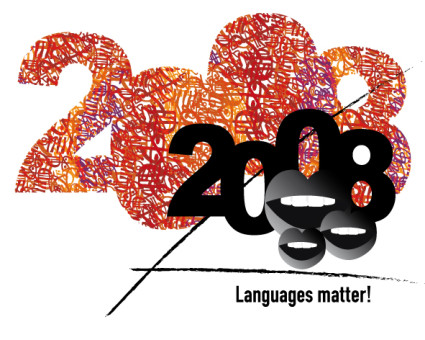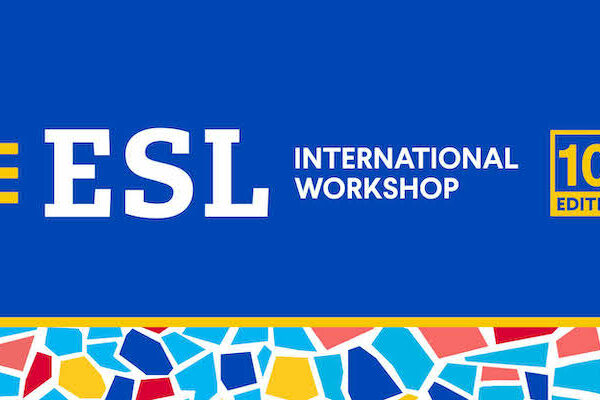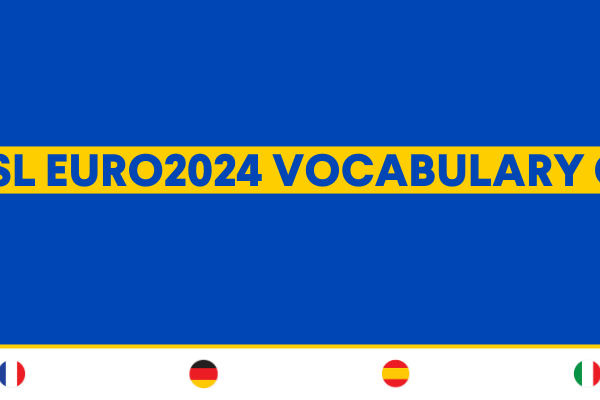2008 proclaimed International Year of Languages by UN

In these times of globalisation of the economy, work and goods, we are no longer only English, Australian, Chinese, Colombian or German…plurilingualism is almost a political act for every world citizen. Not that languages are a commodity of course, but globalisation does actually mean communication among peoples. And then, each people has to speak its own language, whether it be mother tongue or the lingua franca, as often as possible. Why? Well, using a language is preserving it, and preserving a language is protecting a culture.
As Stendhal had said at the beginning of the 19th Century, « The first instrument of a people’s genius is its language ». Therefore, the fact that a people can use its language daily in personal or professional life, in administration or in writing may appear as evidence and the extinction of languages may seem only a fantasy of a few pessimists. However, it is important to not be deceived and to look at the evidence. In fact, one estimates that in a few years from now, 50% of the seven thousand world languages will have disappeared and with them, a certain way of living, of thinking, of seeing the world. Faced with such a fact, it is important, even urgent, to act in favour of multilingualism through international language policies, on every continent such as within Europe, and in every region of every country through numerous areas of activity, such as education, science, human and social sciences, culture, communication and information.
It is for a certain world vision and sharing among peoples that the United Nations General Assembly proclaimed, on 17 May 2007, 2008 as the International Year of Languages. As for UNESCO, it is in charge of coordinating the activities during a year which « will be a unique chance to advance in a decisive manner in the realisation of its objectives », according to its Director General, Mr. Koïchiro Matsuura. Since then, the number of projects at international, national and regional level has multiplied.
To find out more, don’t hesitate to look at the list of UNESCO’s projects.



What do you think?